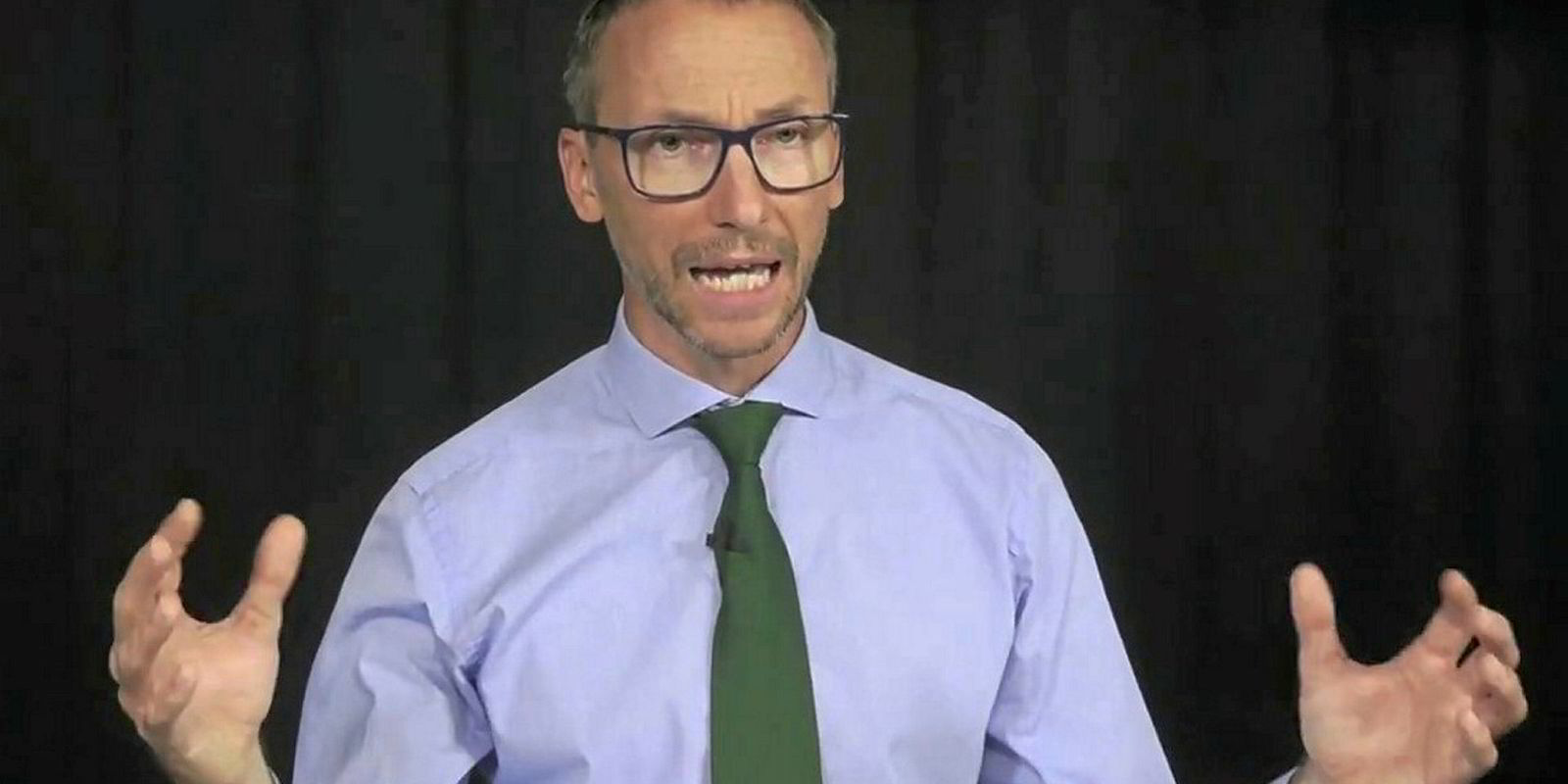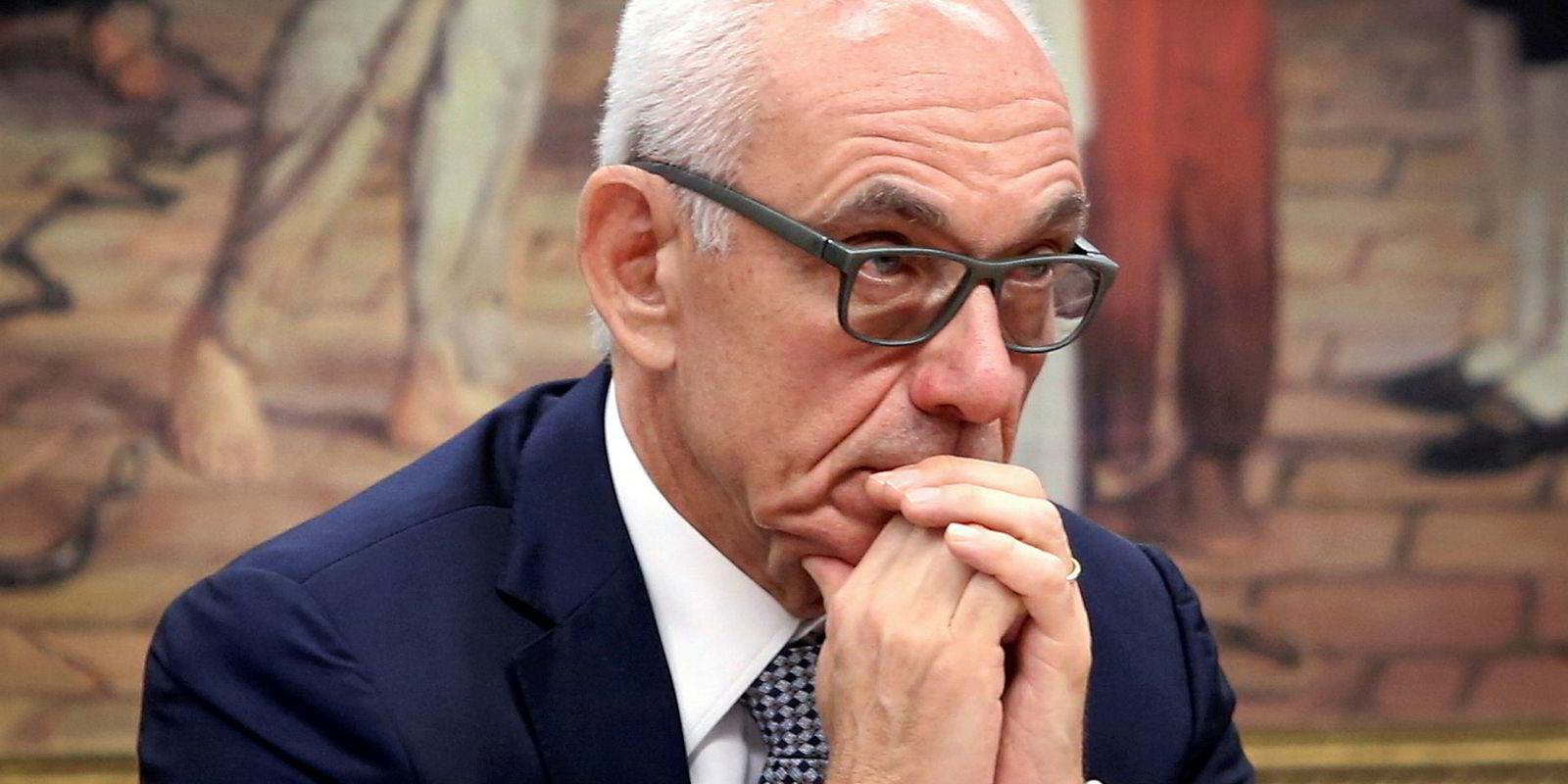China’s increasing use of scrap metal rather than iron ore for crude steel production is a “critical” threat to the future of dry bulk shipping, according to Bimco.
“Looking forward, iron ore will no longer drive the capesize market up as it has been doing for two decades,” Peter Sand, Bimco’s chief shipping analyst, said in a report published by the organisation on Wednesday.
Chinese production of crude steel grew year-on-year by 12.6 million tonnes (+9.2%) in the first two months of 2019, according to China Iron and Steel Association (CISA) estimates.
During the same period, imports of iron ore into China saw a year-on-year decline of 5.6% or 10.3 million tonnes, the Bimco report said.
This fall is equivalent to 57 fewer capesize loads during the first two months of 2019, Peter Sand noted.
“If that’s the pace we will see for the full year, we are in for a tough time,” he commented.
China produced 52% of all crude steel in 2018, according to the analysis.
Disruption to iron ore exports from Vale facilities in Brazil and Australian ports affected by tropical cyclones should be viewed as events that have worsened an already deteriorating situation, Bimco said in its report.
Coking coal also impacted
China’s move towards using scrap metal for steel production is also hitting its imports of coking coal, the Bimco report said.
Chinese imports of seaborne coking coal fell by 11.2% (4.9 million tonnes) in 2018, a trend that continued into 2019, according to the analysis.
Volumes of coking coal imported into China were down by 16% during the first two months of 2019, compared to the same period in 2018, the report said.
Fleet overcapacity
The global capesize fleet has grown by 2.8% over the past 12 months and this will impact vessel earnings as the outlook worsens for vessel demand, the research found.
“Freight rates will become more negatively impacted by fleet growth than before, as demand is now falling, for the all-important capesize commodity,” Sand said in the report.
Thirteen capesizes have been sold for demolition so far this year, while 12 new capes have been delivered, including five valemaxes, Sand noted.
“If iron ore demand from China stalls or outright falls going forward – then the fleet size must stall or fall – simply to keep the market balance from getting worse,” Sand said.






